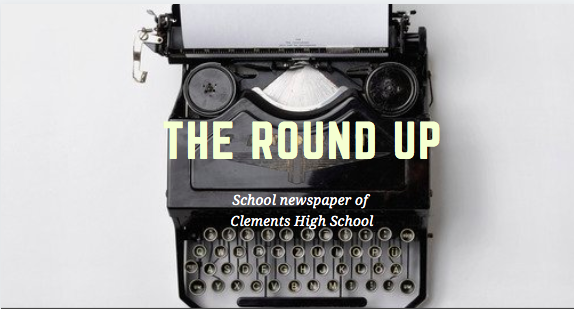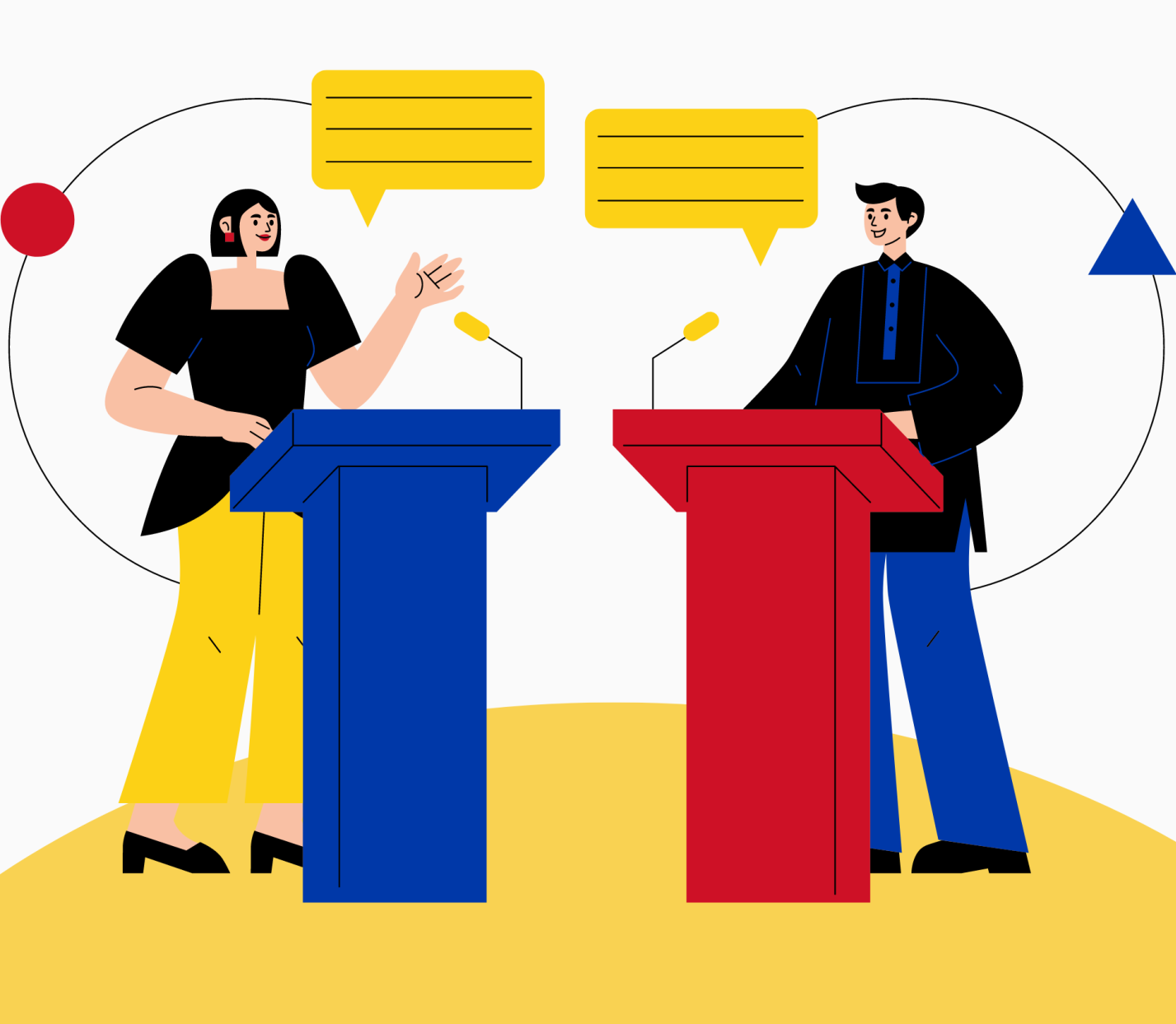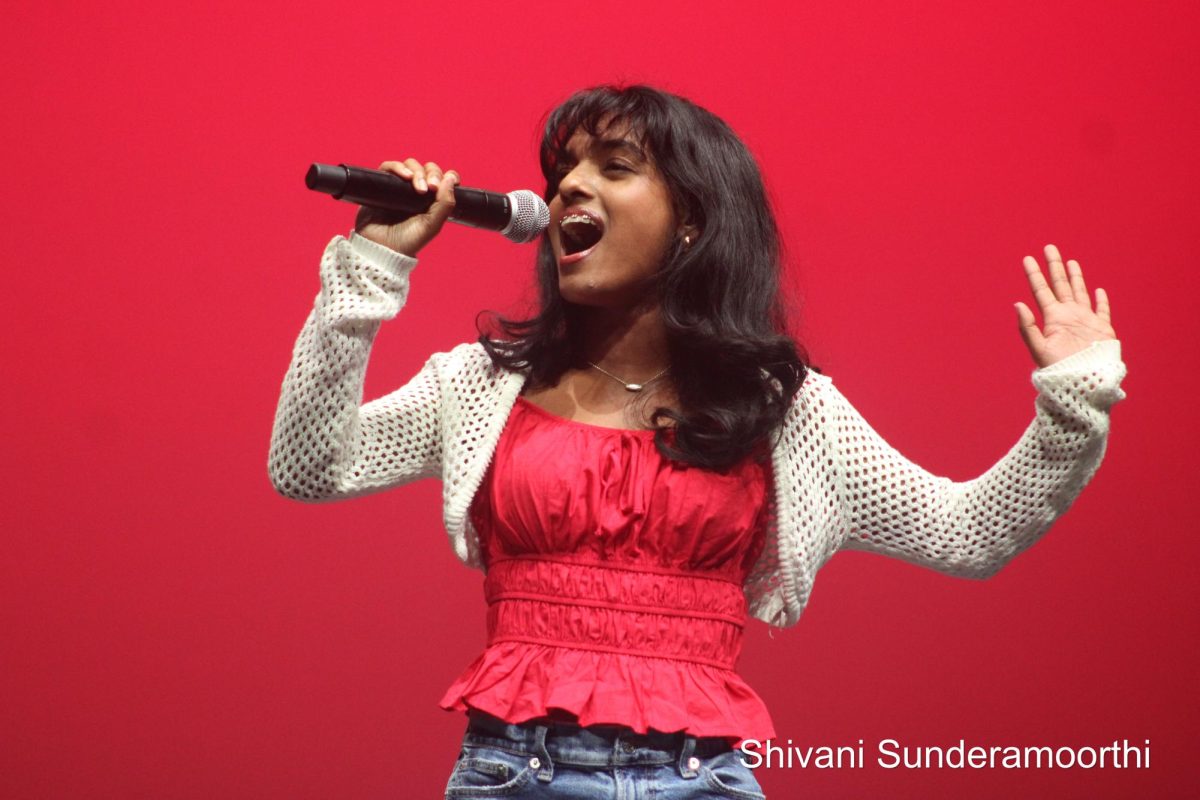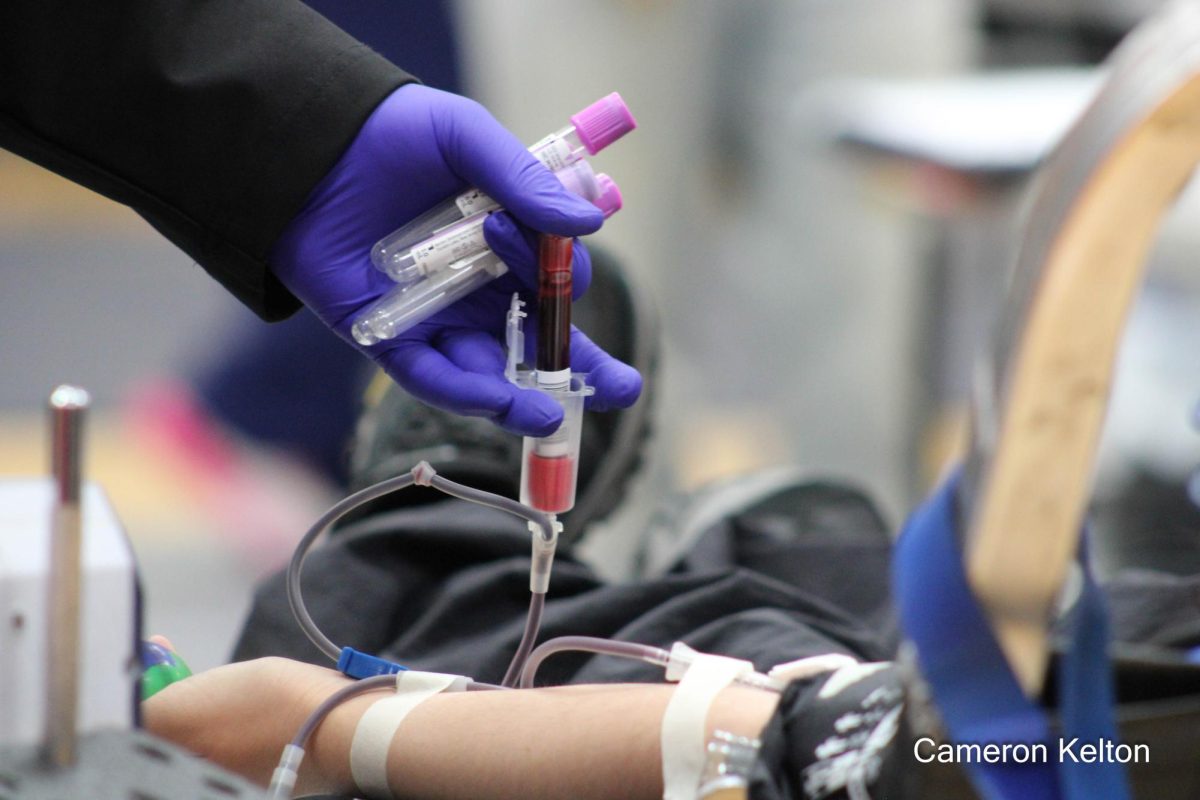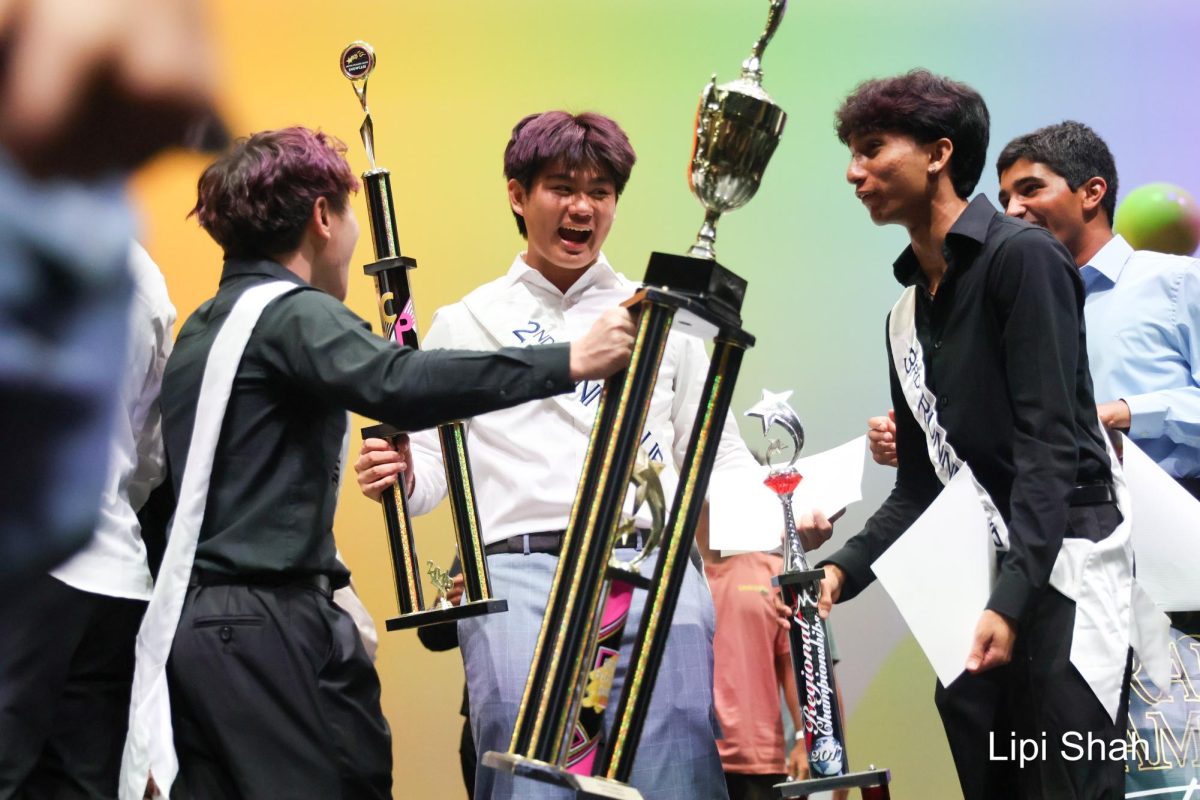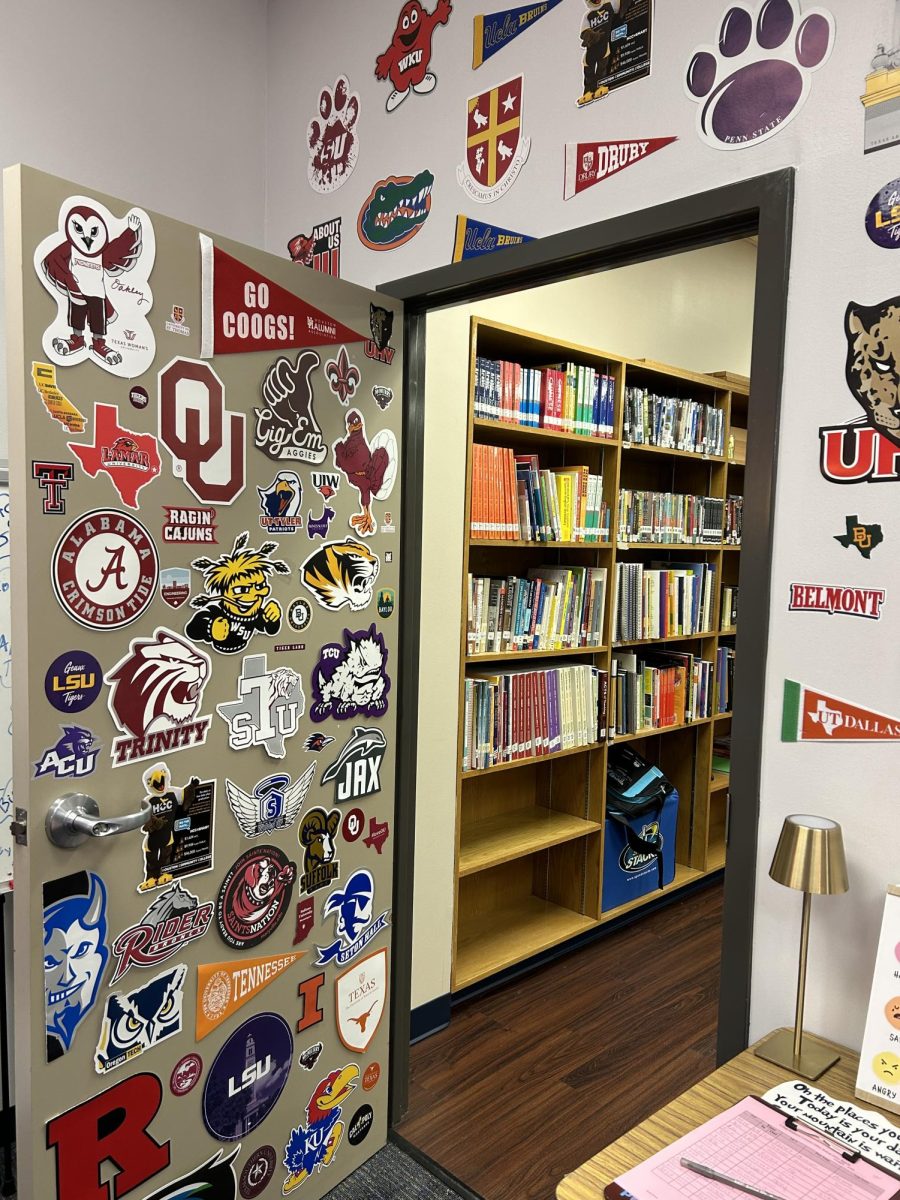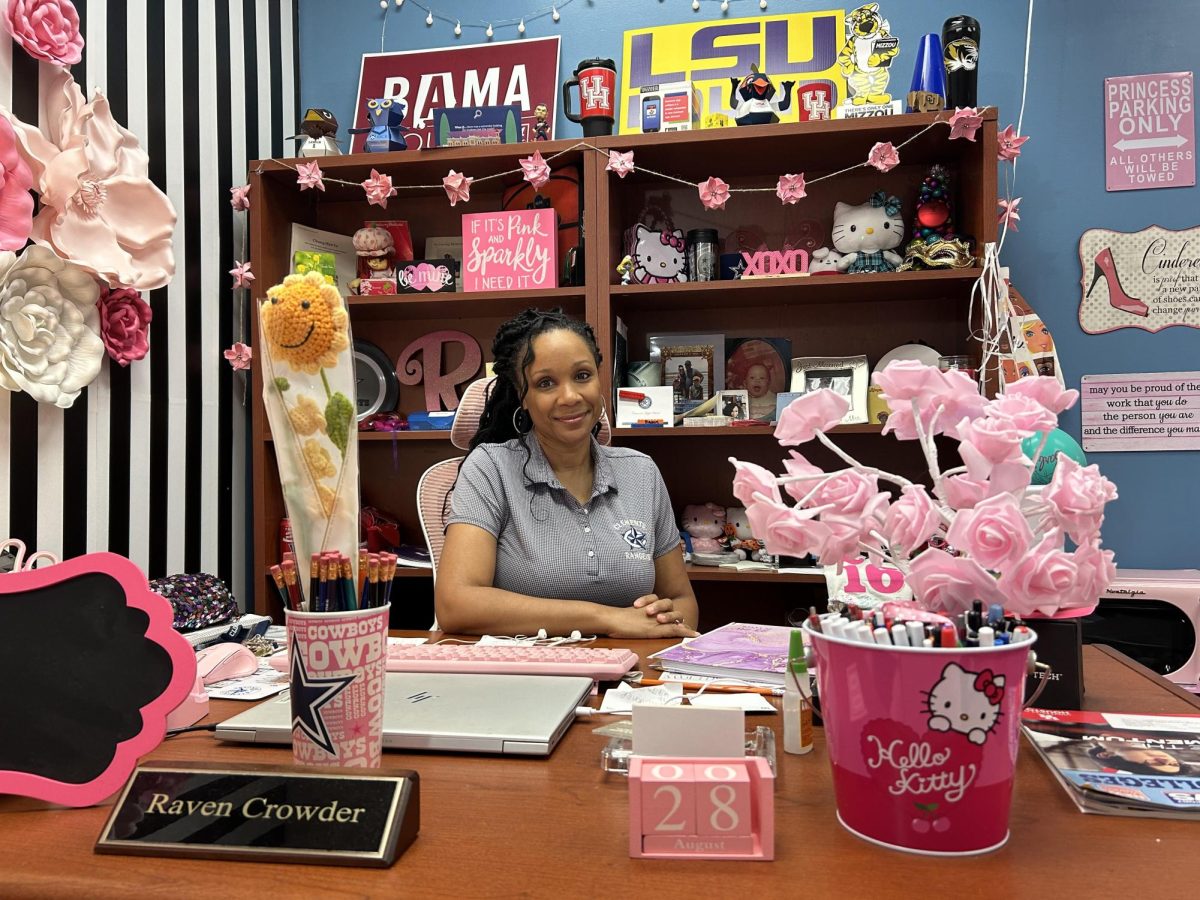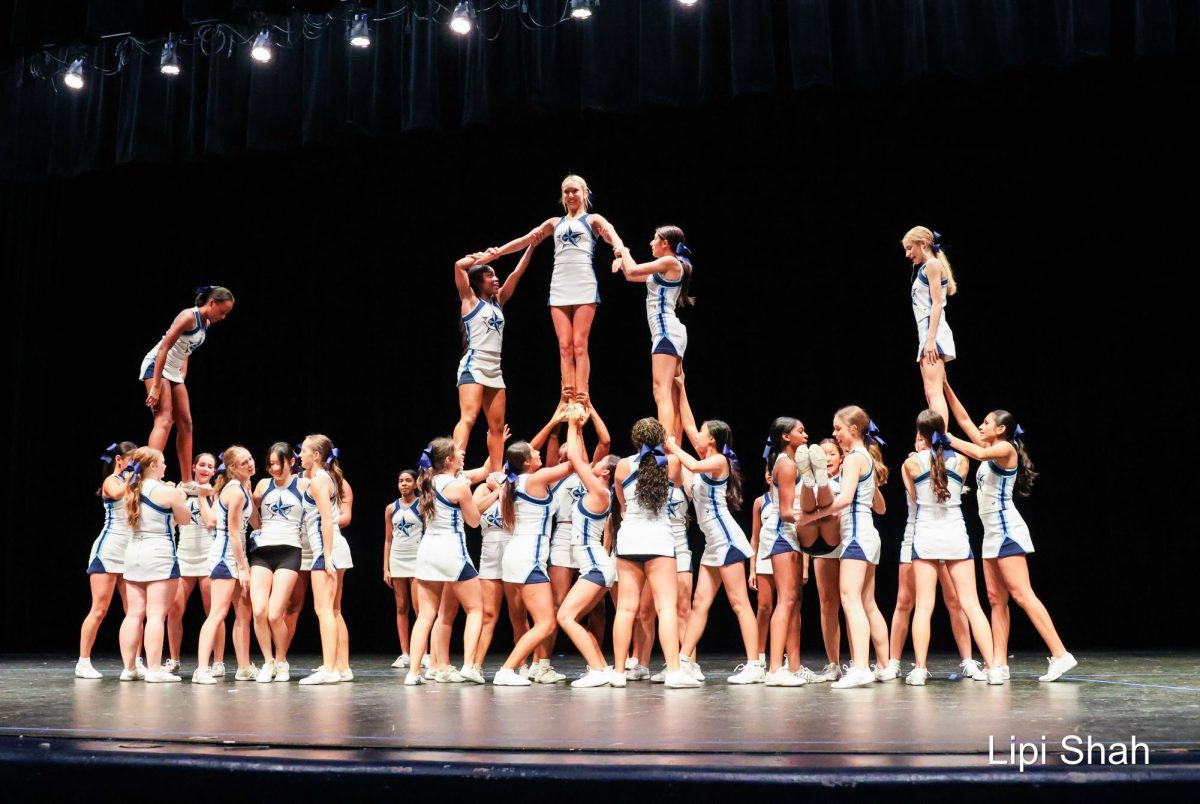In the discussion on whether the pen is mightier than the sword, debaters would sometimes argue that there is a more powerful weapon: our mouths—or rather, our words incentivizing change while expressing emotions that give voice to those oppressed. This opportunity is highlighted in the Speech and Debate Team, where passionate policymakers advocate for change through hours of political discussions, mock rounds, and topic analysis. On March 7, the Speech and Debate Team competed at the long-awaited Texas Forensic Association State Tournament.
Texas Forensic Association, commonly abbreviated as TFA, is a tournament known to be highly competitive in the state of Texas. Avid speakers and debaters are invited to compete if they have 10 or more state points, which are collected if a student advances/places in local tournaments. With the immense amount of preparation and practice before the tournament, many debaters saw improvement in their speaking skills, as well as faults in teamwork.
Anthony Du, the Co-President of the Speech and Debate Team, explains that the collective lack of experience was a major challenge this year. Without acknowledgment of the competitive nature in this community of talented debaters, it can be more challenging for newer debaters to adjust the difficulty of this tournament.
“TFA State is a unique tournament in that all of the competitors are decently competent and the judges are open to unusual/creative arguments,” Du said.
Beyond debate, speech has become increasingly competitive in elimination rounds. Vishist Iyengar, the Co-Vice President, made it to the semifinals in extemp, noticing more fluency in his speeches due to consistent practicing and participation in tournaments.
“Everyone can speak pretty well—so the distinguishing factor often comes down to the strength of argumentation and your research behind the speech,” Iyengar said.
The competitive nature of TFA can make it more enjoyable. Du notes that the overall debating experience was enjoyable.
“The judging and competitors are both great: everybody you debate is able to compose coherent speeches/make arguments, [and] most of the judges have lots of experience adjudicating debate rounds,” Du said.
These factors create a more fair and educational debate space, making participation in this tournament more valuable to seek improvement. Iyengar emphasizes the importance of consistent practice and failures.
“After all, debate is just like any other skill or talent—you’ll become better as you do more of it,” Iyengar said.
In the end, with the hard work, stress, and triumphs put into debate, the results are rewarding. The most valuable aspect of the debate is the supportive community fostered in the team, bus rides, and overnight tournaments.
“It’s not always about the wins or losses,” Iyengar said.
For now, to all new debaters and future members of the speech team, Du ends with a valuable note.
“Have fun [and] take care of yourself,” Du said. “Don’t eat junk and get lots of sleep. Both of those are hard to do at overnight tournaments, but still important.”

